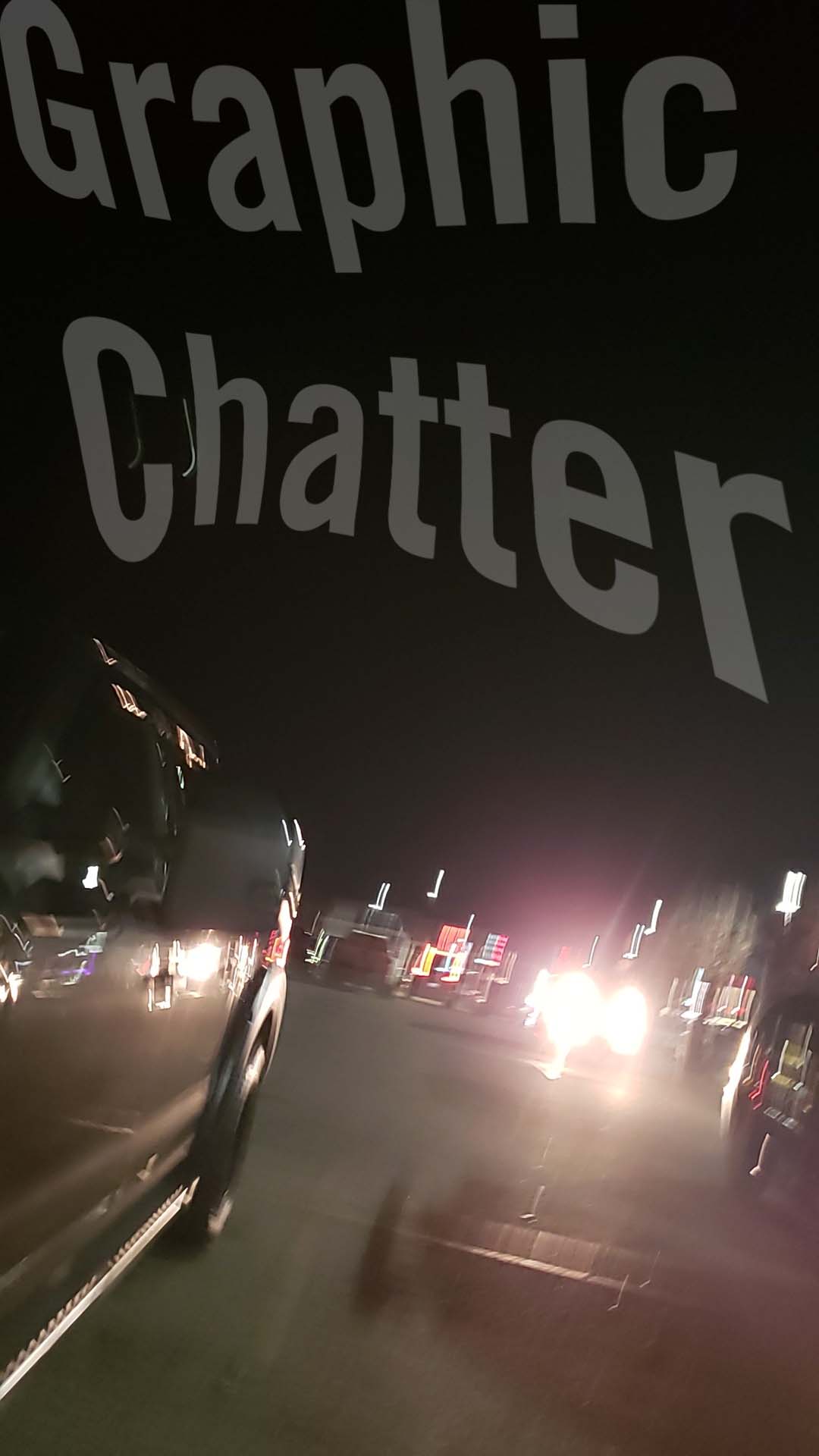LAST UPDATE November 25, 2025
Culling the internet
GUT BACTERIA
Simple treatment for Parkinsons? – Science Alert
CANCER
Reviving "exhausted" T cells to fight back again cancer – Sci Tech Daily

DIGITAL WORRY
Data Breaches galore: Learn if your email is turning up in pirated lists of compromised data at Have I Been Pwned
Yikes! – Car and Driver
Hyundai is warning customers of a data breach that resulted in the personal data of up to 2.7 million customers being leaked..... includes customer names, driver's license numbers, and social security numbers. The leak reportedly took place back in February..."
UH OH
The Micro-Plastics Quiz – Wall Street Journal
The preponderance of plastic in some foods and drinks is well beyond past estimates, especially in regards to canned seafood from the West Coast.
THE MIND
How conspiratorial thinking stretches back to the Rome Republic and ancient Greece
Story at Washington Post
The tendency to believe conspiracy theories is closely associated with the paranoia that historian Richard Hofstadter anatomized as an essential current of American political thought.... The United States was birthed with conspiracies in mind, says Keeley [Brian Keeley, professor of philosophy at Pitzer College]. "Just read the Declaration of Independence," he says. "That long list of things that King George and Britain were up to, a lot of those were conspiracy theories."


Cartoon laughs Comic Atomic

